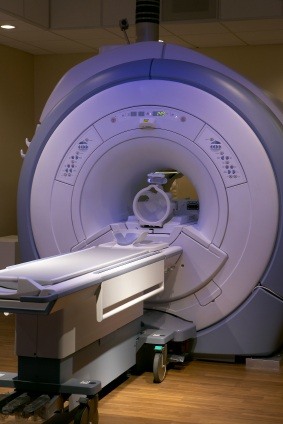Search
MRI Dangers: Pacemakers And Metallic Foreign Bodies
 A fall or an injury in a nursing home frequently means a referral for a magnetic resonance image (MRI) of the injured area. An MRI uses powerful magnets and radio waves to produce very clear images of the body that are more accurate than x-rays.
A fall or an injury in a nursing home frequently means a referral for a magnetic resonance image (MRI) of the injured area. An MRI uses powerful magnets and radio waves to produce very clear images of the body that are more accurate than x-rays.
Not everyone is capable of undergoing an MRI. Because of the strong magnetic fields and electrical interference people with the following medical conditions should alert their physician or technician before undergoing any MRI procedure:
- Heart pacemaker
- Cerebral aneurysm clip (metal clip on a blood vessel in the brain)
- Implanted insulin pump (for treatment of diabetes), narcotics pump (for pain medication), or implanted nerve stimulator
- TENS” device for back pain
- Metal in the eye or eye socket
- Cochlear (ear) implant for hearing impairment
Even if you are unable to communicate your medical history to the MRI technician or physician, the facility must conduct a thorough examination of you prior to undergoing an MRI. Failure of the MRI facility to detect the presence of an electronic or metal implant is a deviation from medical standards and imposes responsibility on the facility or hospital.
Exposure to magnetic fields may result serious medical complications for those reliant on technology for their well being. For example if a person with a heart pacemaker undergoes an MRI without the close monitoring of a cardiologist, they may go into cardiac arrest or heat failure.
If you you believe that you have been injured due to an improperly performed MRI, contact my office for a confidential consultation anytime. (312) 201-0000
 Nursing Home Law News
Nursing Home Law News

